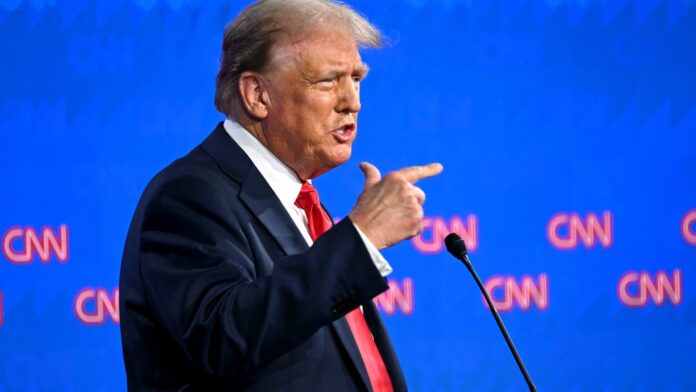Key Falsehoods or Claims: The article discusses a conspiracy theory circulating on the internet that suggests Donald Trump may be purposely crashing the market as a “wild chess move” to achieve some unknown goal. There is no evidence to support this claim, and it has been widely debunked by financial experts and analysts.
Source: The Economic Times is a reputable financial news outlet known for its unbiased reporting on economic and market trends. However, in this particular article, they are reporting on a conspiracy theory, which can be considered a biased topic.
Analysis: The spread of this conspiracy theory reflects the growing trend of misinformation and distrust in the media and government. It poses a threat to our democracy by further eroding public trust in institutions and creating an environment where baseless claims can gain traction. Polling data on public trust in government and media could be used to illustrate the impact of such conspiracy theories on public opinion.
Potential Reactions: Hypothetically, if this conspiracy theory gained traction, it could lead to increased volatility in the financial markets as investors react to unsubstantiated claims. Additionally, it could further polarize political discourse and potentially influence voter behavior if the theory is used as a political tool by certain groups.
Further Reading: To gain a deeper understanding of media influence and misinformation, reputable sources such as the Pew Research Center, the Harvard Kennedy School Misinformation Review, and the RAND Corporation’s studies on media and democracy are recommended for further reading. These sources provide insightful analysis and data-driven research on the impact of misinformation on public opinion and democratic processes.
Source link
Redirect URL
